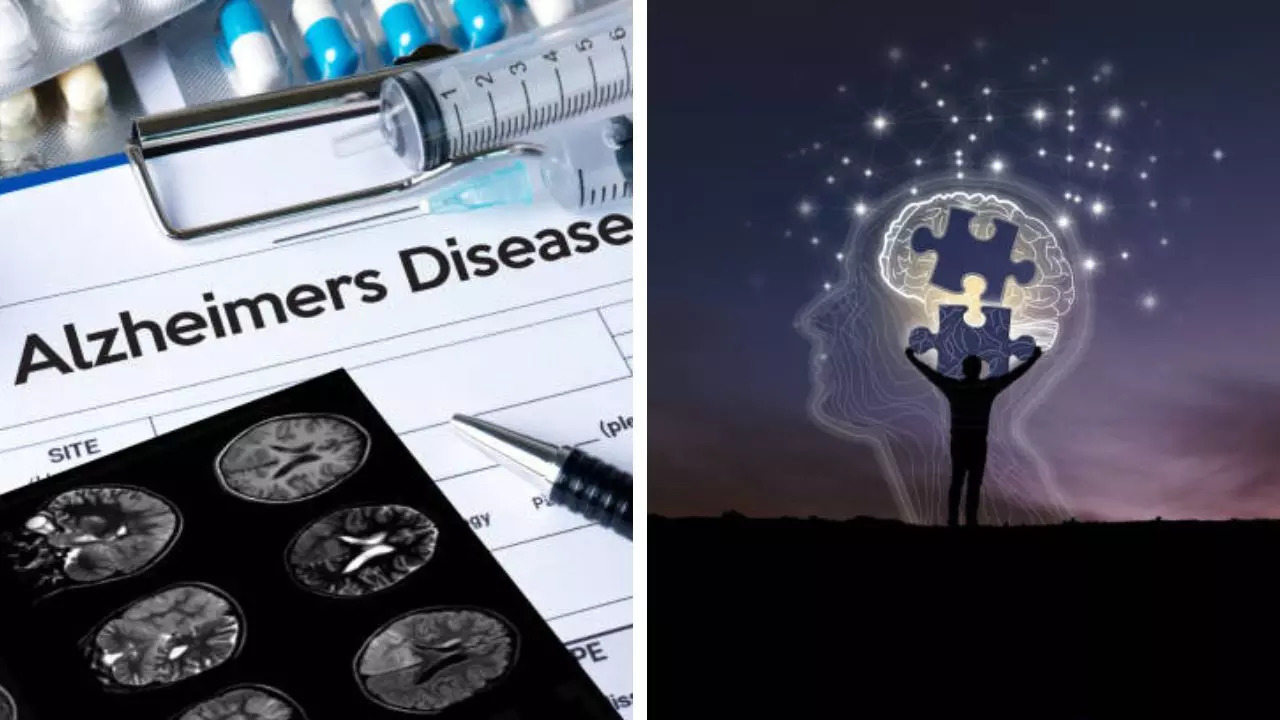Contents
New generation blood test for diagnosing Alzheimer’s is 91 percent accurate, study says; Here’s how
A new-generation simple blood test has been found to be 91 per cent effective in diagnosing Alzheimer’s – a cognitive memory disease – compared to traditional methods such as brain tests. The findings come amid a major effort to develop a simple test that can diagnose Alzheimer’s without requiring people to undergo invasive tests. Read on to know more.

Alzheimer’s is a progressive disease caused by changes in the brain that lead to the accumulation of certain proteins
A new study says a new generation simple blood test may be able to detect whether a person with memory problems has Alzheimer’s in 91 per cent of cases – making it significantly more accurate than other traditional methods used by doctors to assess and diagnose the disease. According to the findings from Lund University in Sweden, the test would be cheap and easily accessible for more than 55 million people suffering from the cognitive condition worldwide.
“These findings could have major implications for all individuals who seek help for memory loss and suspected Alzheimer’s,” Dr. Oskar Hansson, head of the clinical memory research unit at Lund University in Sweden and an author of the study, said of the study published in the journal Neurology. jama,
Alzheimer’s disease is a brain disorder that gets worse over time. It is characterized by changes in the brain that lead to the accumulation of certain proteins.
How can a blood test detect Alzheimer’s?
For the study, researchers looked at more than 1,200 people in Sweden with an average age of 74, most of whom had mild memory symptoms – a key symptom and early sign of Alzheimer’s. These patients were tested using the new blood test and then the results were confirmed with cerebrospinal fluid tests that can indicate Alzheimer’s disease.
According to the researchers, they measured levels of plasma phosphorylated tau 217 – a type of protein that builds up and damages the brain in patients with cognitive problems, as well as amyloid beta – another protein considered a biomarker of brain-related conditions. The reliability of the blood test in identifying Alzheimer’s was about 90 percent. Previously, methods used by doctors had a 61 percent accuracy in identifying Alzheimer’s.
According to the researchers, the new blood test has brought about a remarkable advancement in Alzheimer’s, unlike the more invasive blood tests and doctor visits that were required earlier. And hence, it can also help diagnose Alzheimer’s more quickly and easily, helping patients make a plan and better prepare for their future.
“Next steps include establishing clear clinical guidelines for the use of the blood test in healthcare,” Hanson said. “The test is already available in the USA and is likely to be available in many other countries soon. Initially, it will be used mainly in specialist memory clinics, and it may take about one to two years to implement guidelines and training in primary care.”
Currently, the methods used to diagnose brain-damaging diseases, including dementia and Alzheimer’s, include a detailed review of medical history and medications, family history, social history, a comprehensive neurological exam, various levels of neuropsychological testing, and detailed PET and MRI scans.
What is Alzheimer’s?,
Doctors say Alzheimer’s disease is a brain condition that causes a gradual decline in memory, thinking, learning and organizing skills. This can eventually affect your ability to perform basic daily activities and daily chores. According to experts, Alzheimer’s symptoms tend to get worse over time, as the disease process can begin at least a decade or more before the first symptoms appear.
Alzheimer’s disease usually affects people over the age of 65.
Signs and symptoms of this condition include a gradual deterioration in your condition:
- Memory
- logic and operation of complex functions
- Language
- Understanding the relationship between visual form and space
- Behavior and personality
Get the latest news on Times Now as well as breaking news and top headlines from across health and the world.


